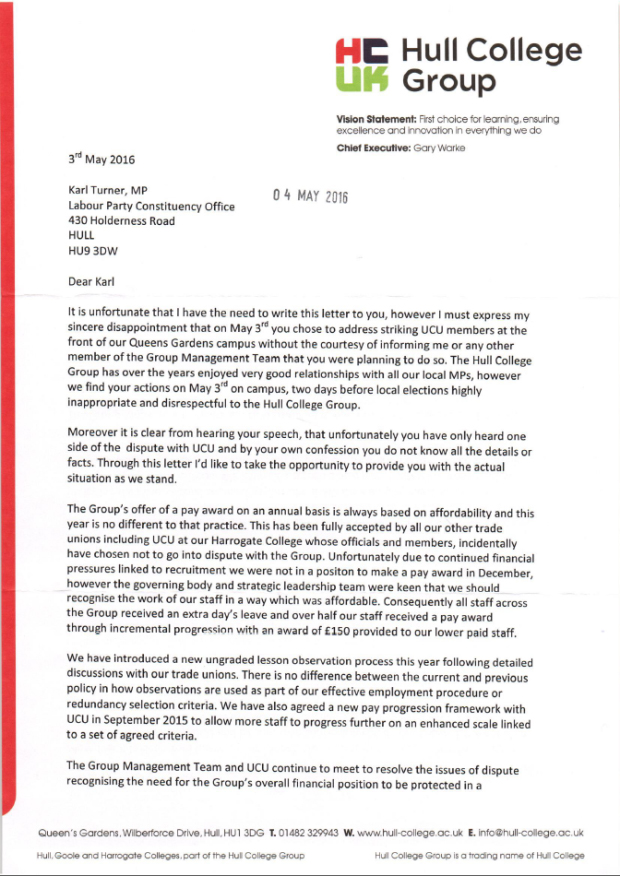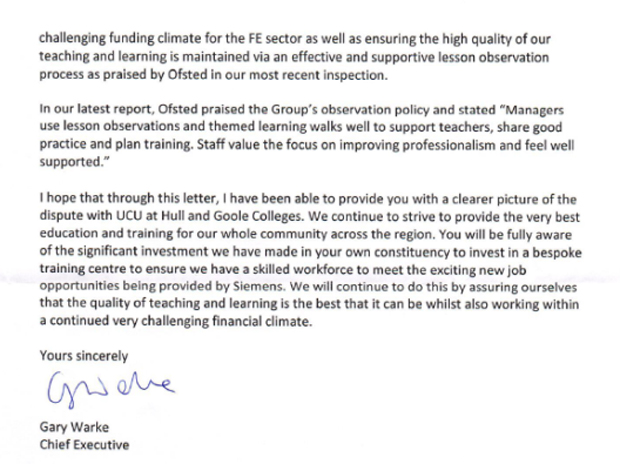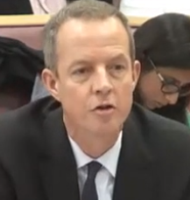> Leaked report plan exposes stark choice at 16
> 15 new ‘professional and technical’ routes with apprenticeship or substantial work experience
The first skills white paper in a decade will bring an end to mixed provision and make 16-year-olds choose between academic courses leading to university or a new technical professional education (TPE) route into work, FE Week can exclusively reveal.
The document, which it emerged last week had been delayed, is likely to be controversial for fear the plans will create a two-tier system between academic schools and vocational colleges.
It will reflect the recommendations of an independent panel, led by Lord Sainsbury and set up by the government to look into TPE reforms, which FE Week understands should be published later this month.
Jonathan Simons, head of education for the Policy Exchange group of FE and skills experts, said this could be “hugely significant” for post-16 education — particularly for school sixth forms that rival colleges in many areas.
“It will mean a dramatic change to the majority of schools’ post-16 provision, where they offer a mixture of A-Levels and vocational options, such as BTECs, and may mean some schools pulling out of post 16 provision all together — particularly if the minimum size of 200 pupils is enforced or promoted for existing schools as well as for new ones,” he told FE Week.
FE Week understands there will be 15 TPE routes, delivered either full-time over two years or through an apprenticeship.
A three-year course could also be an option, with the first year preparing students to start on TPEs.
There will be a substantial work experience element within each college-based TPE “pathway”, within its relevant industry.
Bridging courses at the higher levels between academic and vocational pathways is also being considered.
FE Week further understands that each of the 15 TPEs will be overseen by a panel of industry experts, potentially by the new Institute for Apprenticeships.
Professor Lady Alison Wolf, who is part of Lord Sainsbury’s panel, has been a firm advocate of reforming post-16 education and training.
She was highly critical of schools diverting low-attaining pupils onto courses and qualifications not recognised by employers, or accepted by colleges for progression purposes, in her landmark 2011 Review of Vocational Education.
The former Secretary of State for Education Michael Gove agreed with her findings, stating that “courses which offer no route to higher levels of education or the prospect of meaningful employment” were “not just unacceptable but morally wrong”.
The department for education said last November: “New professional and technical routes will be created, leading up to employment or degree-level study, which will be as easy to understand as academic routes.”
Skills Minister Nick Boles also announced on April 29 that schools could soon be fined if they sign students up to inappropriate A-level courses that they later abandon.
He evaded a question about the delay to the skills white paper five days later, from Labour’s Gordon Marsden during Commons business, innovation and skills questions, after this was exclusively revealed by FE Week.
The shadow skills minister subsequently requested explanation from the Department for Business, Innovation and Skills (BIS) of the hold-up, in a written question that had not been answered at the time of going to press.
The Department for Education and BIS also declined to answer FE Week enquiries over the leaked details of the white paper.
We understand that the government hopes to publish the white paper ahead of EU referendum purdah restrictions which begin on May 27.
————————————————————————————————————-
Editorial: Simpler at what cost?
The recent schools white paper was essentially geared at simplifying the system by making them all academies.
It seems that simplification is planned for post-16 academic and vocational learning.
The FE sector’s very own skills white paper will strip away many post-16 qualifications to make way for the introduction of 15 technical and professional education (TPE) routes.
But in an effort to funnel young people into a university or recognised work-related route the government should avoid creating a two-tier system and restricting choice.
It should think very carefully about provision below level two as well as bridging courses between the pathways at level two and beyond.
And in the creation of 15 routes, Ministers could go as far to seek simplification in accreditation, by tendering for a single awarding organisation for each.
It was considered by the previous Secretary of State for the new GCSES and A Levels, but quickly dropped in 2013.
So this might be a once in a generation opportunity to reorganise who accredits TPE routes, but surely the single point of failure problem is unsurmountable?
Nick Linford






